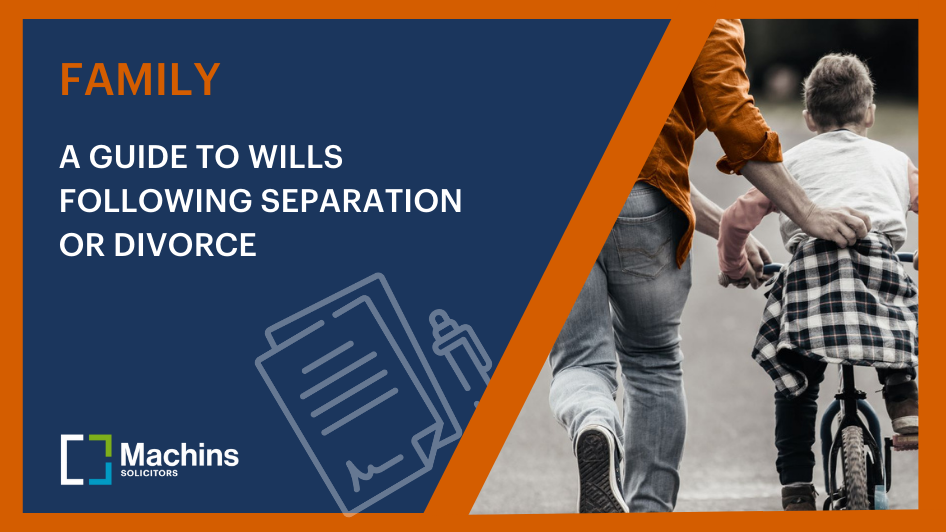Are you starting divorce proceedings?
If you’re ready to begin, you’ll be referred to as the applicant. This means you’ll need to submit the divorce application, a task that can feel daunting on top of everything else you’re dealing with. That’s where we can help.
Our experienced divorce solicitors are here to take the pressure off. We’ll handle the paperwork and guide you through the process from start to finish, so you can focus on what matters most, moving forward with your life. With our fixed-fee service, you’ll have one less thing to worry about. You will need to have been married for one year before you can start the process of applying for a divorce
Ready to start your divorce?
We offer a detailed 90-minute consultation for £250 + VAT, providing tailored advice on both the financial and child-related aspects of your separation.
To help you get the most out of this meeting, we ask that you complete our secure online tool in advance. It’s designed to be used at a time that suits you and helps you assess your situation and understand the next steps.
By providing key information ahead of time, you’ll save valuable time during the consultation — allowing us to focus on the core issues and outcomes that matter most to you.
Your information is fully confidential and securely stored.
Click here to begin, or if you prefer, you can call us on 01582 514000.
Are you responding to divorce proceedings?
If your spouse has already started divorce proceedings, you’ll be the respondent. As the respondent, you’ll receive a copy of the divorce application once the court issues it. It’s normal to feel unsure about what to do next, but we’re here to guide you through every step. Our team offers transparent pricing and compassionate support, so you’ll always know what to expect.
Do you want to apply together for your divorce?
It’s now possible for couples who both agree to divorce and want to work amicably to resolve their separation to apply jointly for a divorce. In these circumstances, the Court fee is usually shared equally and you’ll be known as applicant 1 and applicant 2 in the process. Our costs will be the same as our Fixed Fee Divorce for Applicants if you choose to apply jointly with your ex-partner.
Judicial separation and annulment: alternatives to divorce
If divorce isn’t appropriate for religious or financial reasons, you may consider a judicial separation. This is a formal court process that legally separates you while allowing financial orders (except pension sharing) to be applied for. Key differences between judicial separation and divorce:
-
- A judicial separation does not end the marriage, while divorce does.
- Pension sharing orders are not available with judicial separation.
- A clean break isn’t possible with judicial separation.
- You don’t have to wait one year after the date of marriage before applying.
In some cases, an annulment may be possible. A marriage annulment is a legal process that declares a marriage null and void, meaning it’s treated as though it never legally existed. Unlike divorce, which ends a valid marriage, annulments are only granted in specific situations where the marriage is considered invalid from the start. You also don’t need to be married for a year to start the annulment process.
Our team can advise you on whether an annulment, a judicial separation or a divorce is the best choice for your circumstances.
How much does it cost to get divorced?
We offer fixed-fee advice. Our fixed fee uncontested divorce (Petitioner) is £650 plus VAT and the court fee of £593 (total £1,373).
How long does it take to get divorced?
The divorce process will be a minimum of 26 weeks but may be longer depending on the court timescales and whether or not there is a delay with applying for the Final Order until financial matters have been resolved.
How will the assets be divided?
The division of assets does depend on individual circumstances taking into consideration the factors in Section 25 of the Matrimonial Causes Act 1973, there is not one rule for all. We can provide detailed advice based upon your assets and circumstances and would recommend attending an initial fixed fee appointment to discuss this and obtain the tailored advice you need.
Is maintenance payable?
It is preferable to try to agree payment of maintenance for children on a voluntary basis using the Child Maintenance Service (CMS) guidelines. If an agreement cannot be reached, the CMS has exclusive jurisdiction in respect of maintenance for children. A CMS calculator can be found on the Government’s CMS website.
Please note spousal maintenance is separate to child maintenance and dealt with in the overall division of the assets (see above).

























